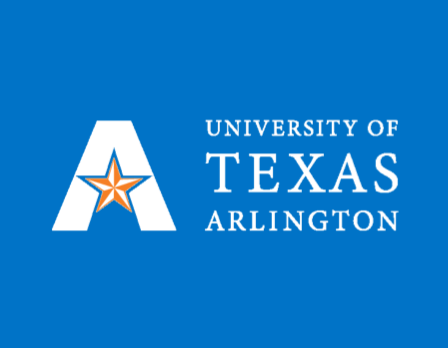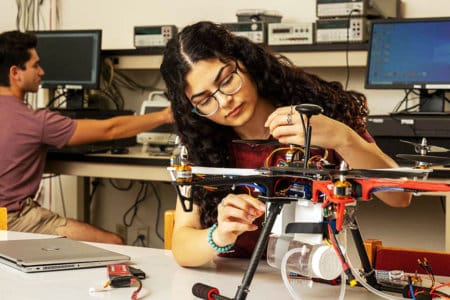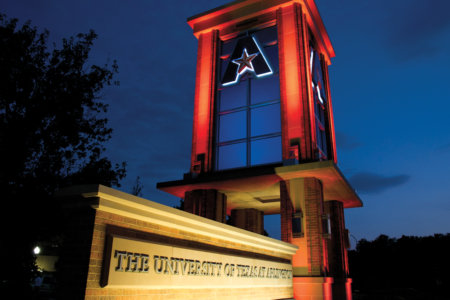Engineering, more than most professions, can have a profound effect on the world and the lives of people. Students in the College of Engineering at The University of Texas at Arlington (UTA) gain the skills and education they need to take advantage of the opportunities available to them and go on to make a difference in their communities and beyond.
One graduate, Shashank Moddhia (’05 MS, Biomedical Engineering), is the founder and CEO of The Renal Project, a Mumbai-based company that aims to revolutionise the availability and delivery of dialysis therapy. For him, his experiences at UTA have helped him save lives — literally.

Source: University of Texas at Arlington
It was 2 a.m., and a woman in a remote area of western India needed emergency dialysis. No dialysis centre was open for another nine miles. When The Renal Project got the call for help, it acted fast, getting her into a clinic for treatment. The woman survived.
“That feels amazing,” said Moddhia. “A lot of times, our patients have run out of options and don’t have the means to go far to get the right treatment. But we’re right there, ready to help.”
The Renal Project opened in 2019 with a single dialysis centre. Since then, it has grown to include 31 centres throughout remote areas of India — along with a huge network of nephrologists, technicians, and staff — that provide over 5,000 dialysis sessions per month.
“Saving lives has just become our routine,” said Moddhia. “It’s something we’re very proud of.”
For Moddhia, the path to healthcare entrepreneurship began when he was a kid in India, watching his father go to work as a doctor. He knew he wanted to help people in a similar way but that “stitches and blood” weren’t for him. Biomedical engineering was the perfect fit, allowing him to combine his interest in technology with his love for the medical field. After getting his undergraduate degree in the field at the University of Mumbai, he turned to UT Arlington for his graduate degree.
“My education at UTA was very application-based, which allows you to get a lot of real-life experience,” said Moddhia. “After graduation, people can’t say to you, ‘Oh, it’s all just theory. You haven’t seen real life,’ because at UTA, you have.”
Beyond that, he notes that his professors at UTA and UT Southwestern, which co-runs the biomedical engineering programme, taught him the intangible skills that are integral to running a successful business.
“They taught me to be meticulous and precise in my research and its application,” he said. “In doing that, they taught me what it takes to be a successful entrepreneur. It’s a lot of responsibility, especially in my case, because we’re dealing with lives.”

Source: University of Texas at Arlington
Jumping into entrepreneurship was a plunge into a big idea that he has a lot of passion for, and that passion, he said, is what continues to carry The Renal Project forward.
“Starting out, my sentiment was that I needed to love what I was doing; otherwise, it would definitely fall apart,” said Moddhia. “My sense of purpose was so strong that I knew I could make my way through any fumble — that even if I didn’t know something, I would be able to find a way.”
After that, a series of incremental decisions, strategic growth and major milestones have marked The Renal Project’s development. Two of those milestones — funding from the government of India and earning investments on “Shark Tank India” — have helped fuel credibility and interest in the project.
Reflecting on his success, Moddhia said he can’t help but think about the young man who had big dreams of making a difference when he was preparing to study in America.
“For my visa to study in the US, I had to write a statement of purpose,” he said. “One of the things I am most proud of is that I have been true to what I wrote as a 19-year-old — that I wanted to take what I learned in the US back to my country and see how I could make positive change there. It has been a wonderful journey.”
Follow The University of Texas at Arlington on Facebook, Twitter, LinkedIn, Instagram, and YouTube.













